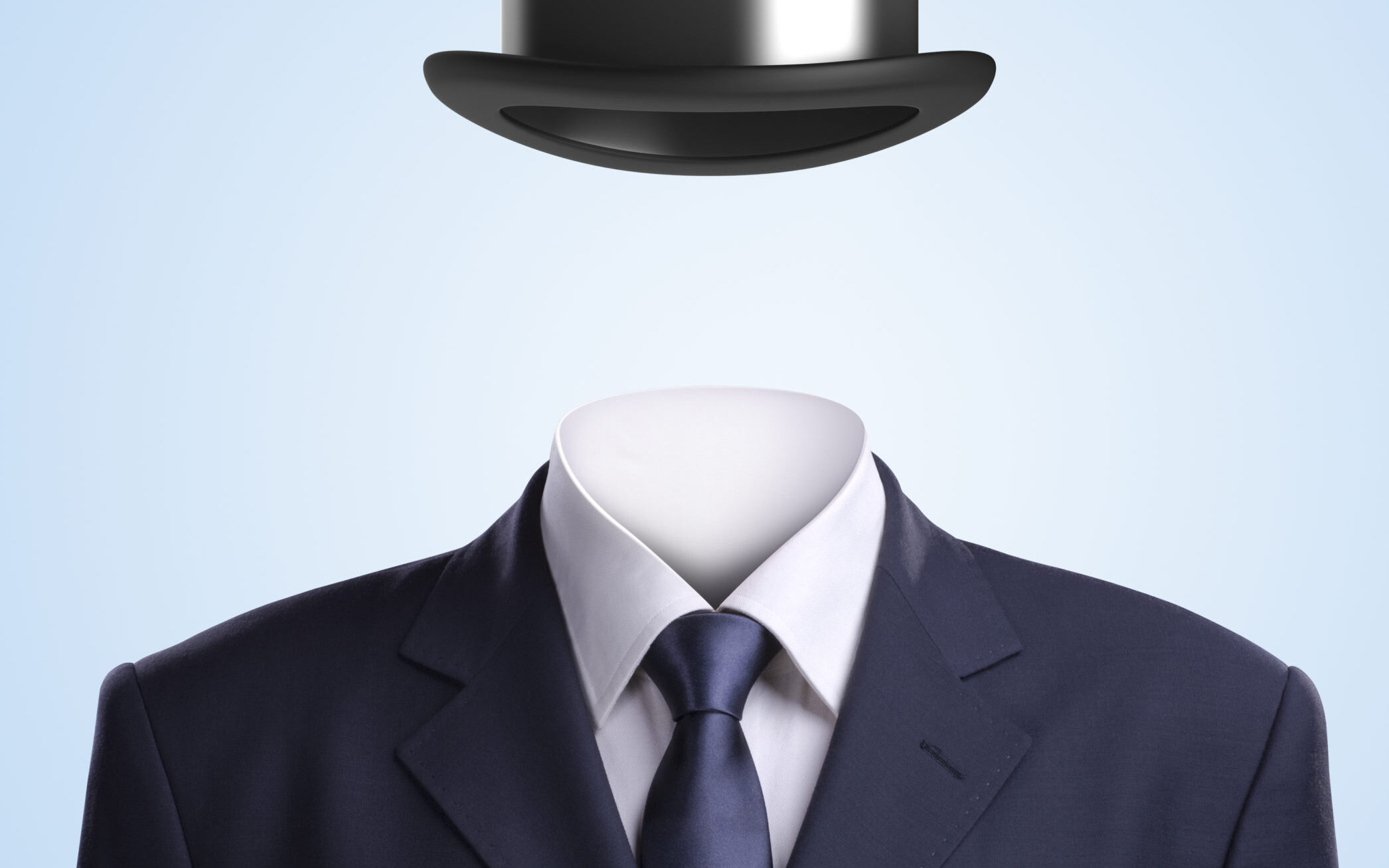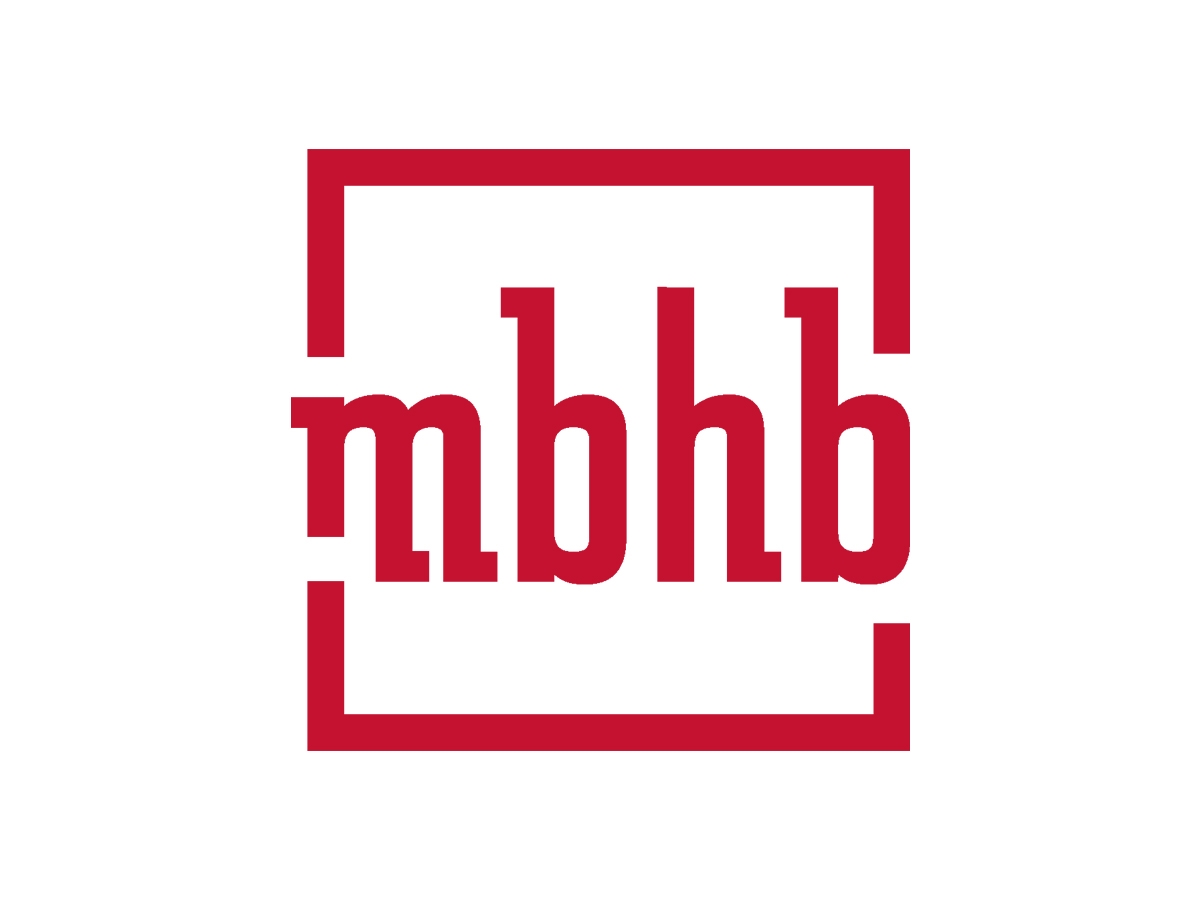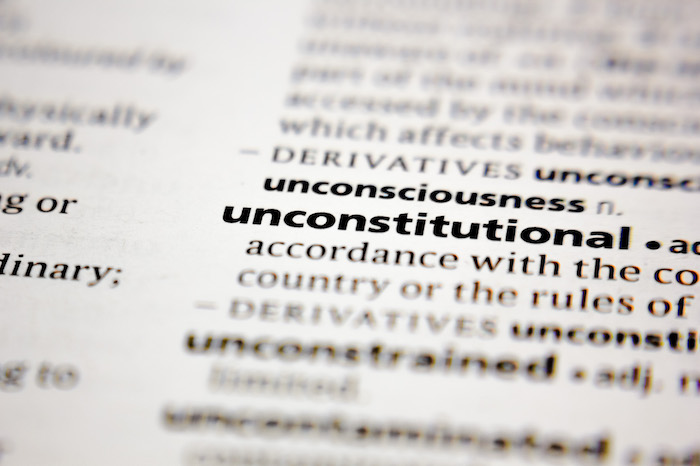A Mid-Year Review of Prominent Patent Verdicts
“Will the spurt of mega-verdicts in recent months continue as we move into summer? Keep an eye out for more nine-figure verdicts, and possibly even some in the billions.”
As we near the halfway mark of 2024, we look back on some of the most prominent patent verdicts that have made the headlines. In 2020, 2021, and 2022, several patent owners obtained billion-dollar damages awards, whereas last year the largest award was $470 million. There have been several colossal nine-figure patent verdicts already this year—in a variety of district courts— although we have yet to see one in the ten-figure range.
Significant Plaintiff Verdicts
Kove IO, Inc. v. Amazon Web Services, Inc. (N.D. Ill. No. 1-18-cv-08175)
Kove sued Amazon Web Services in the Northern District of Illinois in 2018, alleging that two AWS products infringe Kove’s cloud storage patents. In April, the jury awarded Kove $525 million for infringement of three of the asserted patents. This is the largest patent damages award so far in 2024. AWS has moved for judgment of non-infringement as a matter of law and requested a new trial, partly based on Kove’s alleged failure to properly apportion damages.
Netlist, Inc. v. Micron Technology, Inc. (E.D. Tex. No. 2-23-cv-00628)*
Netlist filed suit in the Eastern District of Texas in 2022, contending that Micron’s semiconductor memory products infringe Netlist’s patents directed to memory module decoders and data buffering. The jury awarded Netlist $445 million in May, finding Micron willfully infringed two of Netlist’s patents.
IPA Technologies Inc. v. Microsoft Corporation (D. Del. No. 1-18-cv-00001)
In 2018, IPA sued Microsoft as part of its litigation campaign against major digital assistant providers, including Google and Amazon. In this District of Delaware case, IPA contended that Microsoft’s digital assistant, Cortana, contains voice command processing features that infringe IPA’s patents. While the suit began with six asserted patents, IPA took one to trial after the judge found several of the other asserted patents invalid or not infringed. In May, the jury returned a verdict of infringement on one patent, awarding IPA $242 million.
Centripetal Networks, LLC v. Palo Alto Networks, Inc. (E.D. Va. No. 2-21-cv-00137)
Recall that in 2020, Centripetal obtained what was the largest patent damages award at the time—$1.9 billion against Cisco (exceeding $2.75 billion including royalties). The Federal Circuit overturned that award because the district judge’s wife owned Cisco stock. Due to the district judge’s death, the case went back down to a different district judge, who ruled that the asserted patents were not infringed. Centripetal has again obtained a patent victory this year—this time against Palo Alto Networks.
Centripetal’s suit alleged that Palo Alto’s cybsersecurity platform infringed Centripetal’s patents. In January 2024, a jury in this Eastern District of Virginia case found that Palo Alto infringed four of Centripetal’s patents—all related to patents previously asserted against Cisco—and awarded Centripetal $151 million in damages. Palo Alto has moved for judgment as a matter of law and requested a new trial, arguing in part that Centripetal’s asserted patents are invalid due to abstractness under 35 U.S.C. § 101 based on the Supreme Court’s Alice test.
G+ Communications, LLC v. Samsung Electronics Co. Ltd. (E.D. Tex. No. 2-22-cv-00078)*
In March 2022, G+ Communications accused Samsung of incorporating patented, unlicensed wireless features into Samsung smartphones. Samsung countersued, arguing that G+’s patents are standard-essential patents for 5G wireless technology and that G+ must license them to Samsung in a fair, reasonable and non-discriminatory (FRAND) manner.
In January of this year, the jury awarded G+ $67.5 million in running royalties for Samsung’s infringement. After the court granted Samsung’s motion for a new trial on damages, a new jury sided with G+ again in April, this time awarding a lump sum of $142 million—more than double the original damages award, and marking the second nine-figure patent damages award this year in this patent-heavy district.
Notable Defendant Outcomes
IOENGINE, LLC v. Roku Inc. (W.D. Tex. No. 6-21-cv-01296)
In this case in the Western District of Texas, IOEngine alleged patent infringement by Roku’s video streaming products. At trial in April, IOEngine sought $318 million but the jury returned a verdict of non-infringement.
Genuine Enabling Technology LLC v. Sony Corporation (D. Del. No. 1-17-cv-00135)
This District of Delaware case, in which Sony successfully dodged a half-billion-dollar patent infringement claim against its gaming products, is a reminder about the importance of carefully applying the doctrine of equivalents. Genuine Enabling Technology (GET) sought $500 million for alleged infringement of its patents by Sony PlayStation 3 and PlayStation 4 game consoles and controllers. GET asserted infringement under the doctrine of equivalents, which extends the scope of a patent beyond its literal claim language to cover insubstantial variations. In a bench trial in March, Judge Mitchell Goldberg applied the function-way-result test—does the accused device perform substantially the same function, in substantially the same way, to obtain substantially the same result as the patent’s claim limitation?—and granted Sony summary judgment of non-infringement. GET is appealing to the Federal Circuit.
Cases to Watch
Google LLC v. Sonos, Inc. (Fed. Cir. No. 24-1097)
Another interesting appeal to keep an eye on is the legal battle between Google and Sonos. This appeal involves the doctrine of prosecution laches. Last year, Judge Alsup of the Northern District of California ruled in favor of Google in overturning the jury’s infringement verdict and $32.5 million award. Specifically, Judge Alsup held unenforceable Sonos’s smart-speaker patents based on prosecution laches, finding that Sonos waited too long to file its patent application and also that certain amendments to the patent application’s specification constituted impermissible new matter. The Federal Circuit heard oral argument on June 3, and the outcome of this appeal may have significant impact on how patents are prosecuted and enforced.
Will the spurt of mega-verdicts in recent months continue as we move into summer? Keep an eye out for more nine-figure verdicts, and possibly even some in the billions.
* Disclosure: The authors are affiliated with one of the law firms that represented the plaintiffs in the G+ Communications and Netlist cases.






